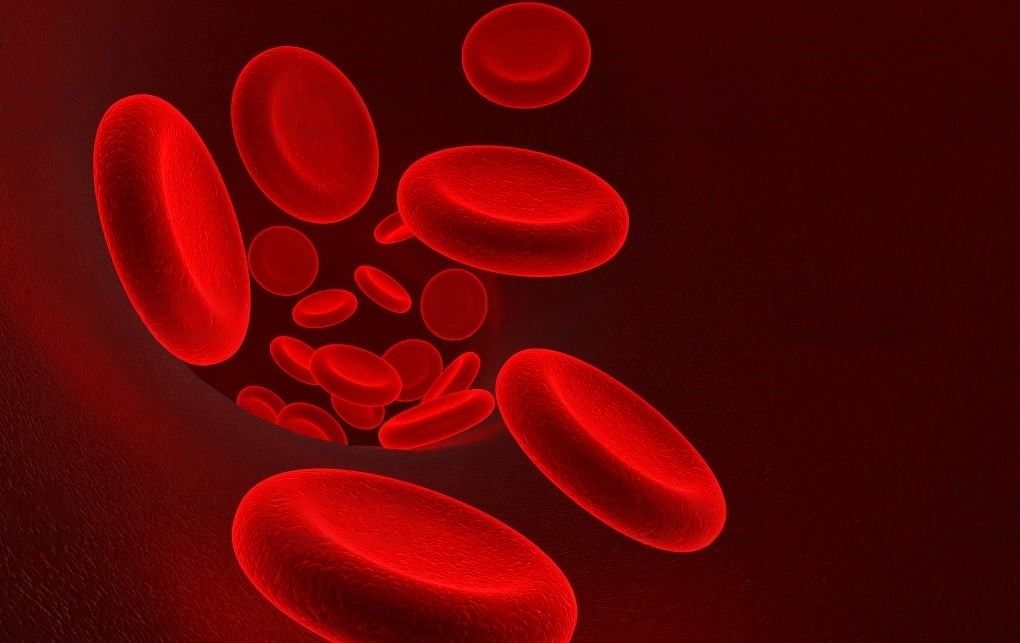Foods to eat and avoid for Anemia
A diet rich in iron, vitamin C, folate, vitamin B12 and other essential nutrients, can help manage and prevent anemia.

Anemia is a condition that occurs when there is a lack of red blood cells or hemoglobin in the blood. Red blood cells are responsible for carrying oxygen to the body's tissues and organs. Anemia can cause fatigue, weakness, shortness of breath, dizziness, and other symptoms. There are different types of anemia, and the causes can vary from nutritional deficiencies to genetic disorders.
While there are various treatments for anemia, diet plays a crucial role in managing the condition. Eating a well-balanced diet rich in nutrients can help prevent and treat anemia. In this blog, we will discuss the foods to eat and avoid for anemia.
What are the types of anemia?
- Iron-deficiency anemia: A common cause of anemia, occurs when there is not enough iron in the body to produce hemoglobin.
- Vitamin deficiency anemia: A lack of folate or vitamin B12 can lead to anemia.
- Aplastic anemia: When the bone marrow does not produce enough red blood cells.
- Hemolytic anemia: Red blood cells are destroyed faster than the body can produce them.
- Sickle cell anemia: An inherited condition in which the red blood cells are abnormally shaped and can break down more easily.
Common symptoms
Here are some common symptoms that are caused due to anemia:
- Fatigue and weakness
- Shortness of breath
- Dizziness or lightheadedness
- Headache
- Rapid or irregular heartbeat
- Pale skin
- Cold hands and feet
- Chest pain
- Difficulty concentrating
Foods to Eat for Anemia:
- Iron-Rich Foods: Iron is an essential mineral that helps your body produce red blood cells. Foods that are high in iron include red meat, poultry, seafood, beans, lentils, tofu, and dark leafy greens such as spinach and kale. Consuming these foods can help increase your iron levels and prevent anemia.
- Vitamin C-Rich Foods: Vitamin C helps your body absorb iron from plant-based sources. Foods that are high in vitamin C include oranges, strawberries, kiwi, guava, bell peppers, broccoli, and tomatoes. Adding these foods to your diet can help improve iron absorption and prevent anemia.
- Folate-Rich Foods: Folate, also known as vitamin B9, is essential for red blood cell production. Foods that are high in folate include leafy greens, citrus fruits, beans, peas, lentils, and fortified grains. Consuming these foods can help improve folate levels and prevent anemia.
- Vitamin B12-Rich Foods: Vitamin B12 is essential for red blood cell production and is found in animal-based foods such as meat, poultry, fish, and dairy products. If you follow a vegetarian or vegan diet, you may need to supplement with vitamin B12 or consume fortified foods such as plant-based milks and cereals.
- Nuts and Seeds: Nuts and seeds are rich in iron, folate, and other essential nutrients. Examples include almonds, cashews, pumpkin seeds, and sesame seeds. Consuming these foods can help improve nutrient levels and prevent anemia.
Foods to Avoid for Anemia:
- Foods High in Phytates: Phytates are compounds found in plant-based foods that can inhibit the absorption of iron and other essential nutrients. Foods that are high in phytates include whole grains, beans, nuts, and seeds. While these foods are generally healthy, it's important to balance them with other nutrient-rich foods to prevent anemia.
- Tea and Coffee: Tea and coffee contain compounds that can inhibit the absorption of iron. It's best to avoid consuming these beverages with meals or to wait at least an hour after consuming iron-rich foods before consuming tea or coffee.
- Calcium Supplements: Calcium can interfere with iron absorption. If you take calcium supplements, it's best to take them at a different time than your iron supplements or to consume calcium-rich foods separately from iron-rich foods.
- Alcohol: Alcohol can interfere with the production of red blood cells and impair nutrient absorption. It's best to limit alcohol consumption or avoid it altogether to prevent anemia.
SUMMARY
Anemia can be managed and prevented through dietary changes. Consuming foods that are rich in iron, vitamin C, folate, vitamin B12, and other essential nutrients can help improve red blood cell production and prevent anemia. It's also important to avoid foods that can inhibit nutrient absorption, such as foods high in phytates and beverages such as tea and coffee. By incorporating these dietary changes, you can improve your overall health and prevent anemia.
Jayti Shah is a Clinical Nutritionist with a master's degree in Clinical Nutrition and Dietetics. She is a member of the Indian Dietetic Association (IDA). Over the last 9 years, she has helped 400 clients in their clinical and weight loss journeys. She works with SocialBoat as a nutrition consultant.
At SocialBoat, we offer custom diet plans and guided workouts to help you achieve your goals in a 360-degree approach. Our gamified experience ensures that you don’t find workouts boring and we reward you for being consistent with your efforts.

